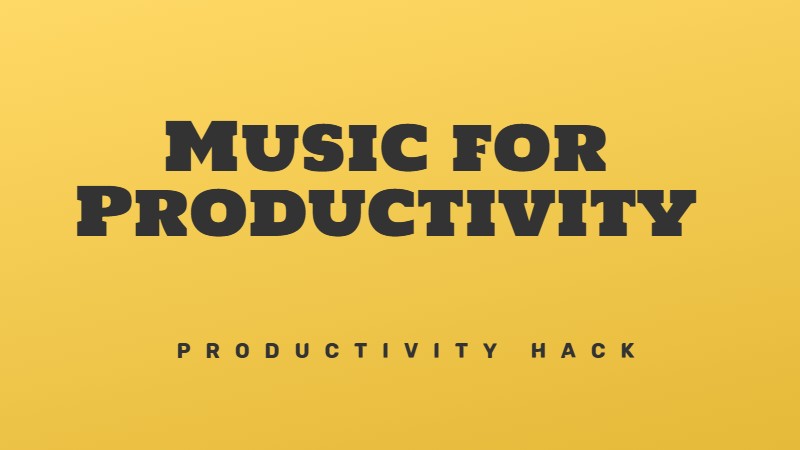In the age of hustle culture, doing nothing can feel like a cardinal sin. With our worth so often measured by our output, taking a break to sit and stare out the window seems laughably unproductive. But what if the real waste is a life spent on the hedonic treadmill, chasing happiness in all the wrong places?
This is where the Italian concept of “La Dolce Far Niente” comes in—a sweet invitation to savour idle pleasure. By punctuating our days with purposeless pauses, we create space to reconnect with ourselves and the world around us. There are no goals, no optimization, just pure, unadulterated presence.
As it turns out, boredom is highly underrated.
This practice of “La Dolce Far Niente” encourages us to intentionally carve out periods of idleness in our day. By taking a break from constant doing, we create space to recharge our batteries, reflect on what matters most, and connect with our inner selves.
Research shows that idle time is important for creativity, problem-solving, and emotional regulation. When we let our minds wander freely, we engage the brain’s default mode network. This network is involved in autobiographical memory, envisioning the future, and understanding other people’s perspectives. Mental meandering allows us to gain new insights and see challenges from a different angle.
By embracing moments of non-doing, we rebel against society’s relentless pressure to be productive 24/7. We declare that our self-worth doesn’t hinge on our output. We affirm that rest is not a reward but a necessity. And we permit ourselves to be instead of always striving to achieve.
Of course, “doing nothing” looks different for everyone. It could mean savouring a cup of coffee while gazing out the window, taking an aimless walk in nature, or spending time in quiet contemplation. The key is to let go of any agenda and surrender to the moment.
If the thought of unstructured downtime feels uncomfortable, start small. Set aside just five minutes each day to sit in stillness and notice your breath. Gradually build up to longer stretches of idleness. Over time, you may find that doing nothing becomes the most productive part of your day.
As Winnie the Pooh wisely said, “Doing nothing often leads to the very best of something."




Lämna feedback om detta